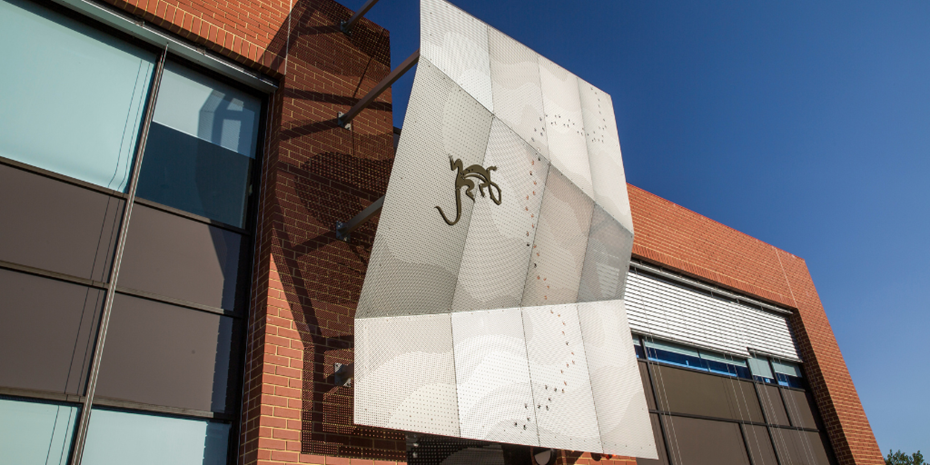
There’s a small figure set high above the entry to Brightwater’s Oats Street Rehabilitation Centre that has great symbolism for the work that takes place there.
Long-time advocate for the brain injury rehabilitation program at Oats Street, neuroscientist Professor Lynn Beazley AO, is recognised internationally for her research into recovery from brain injury.
When it comes to brain injury research, reptiles like the humble gecko represent the high point of recovery because of their ability to regrow their spinal cord as well as their tail just 30 days after detaching it under duress.
However, Professor Beazley’s experiments found that just regrowing the nerves isn’t enough: the lizard has to be motivated to use those new nerves.
“If you're a lizard and you see a juicy mealworm or a cricket, you are motivated because they're a delicious lunch. But if we didn’t show them those and they were sitting around doing nothing, we didn't get the recovery,” she said.
Professor Beazley says the gecko represents the parallels between her research and the work being done through Brightwater’s brain injury rehabilitation program.
“That's exactly the program at Oats Street: you get rewarded. If you're learning how to make a cup of tea and you get it right, you get a cup of tea. And the nerves get feedback to know whether it's good or not. If it's good, they keep that connection and if it isn’t, they won’t.”
So if you’re ever heading into the Oats Street centre, look up and notice at the little creature above you. It’s an inspiring reminder of the recovery work going on inside.
Professor Beazley adds: "I'm just so proud every time I see it!"


